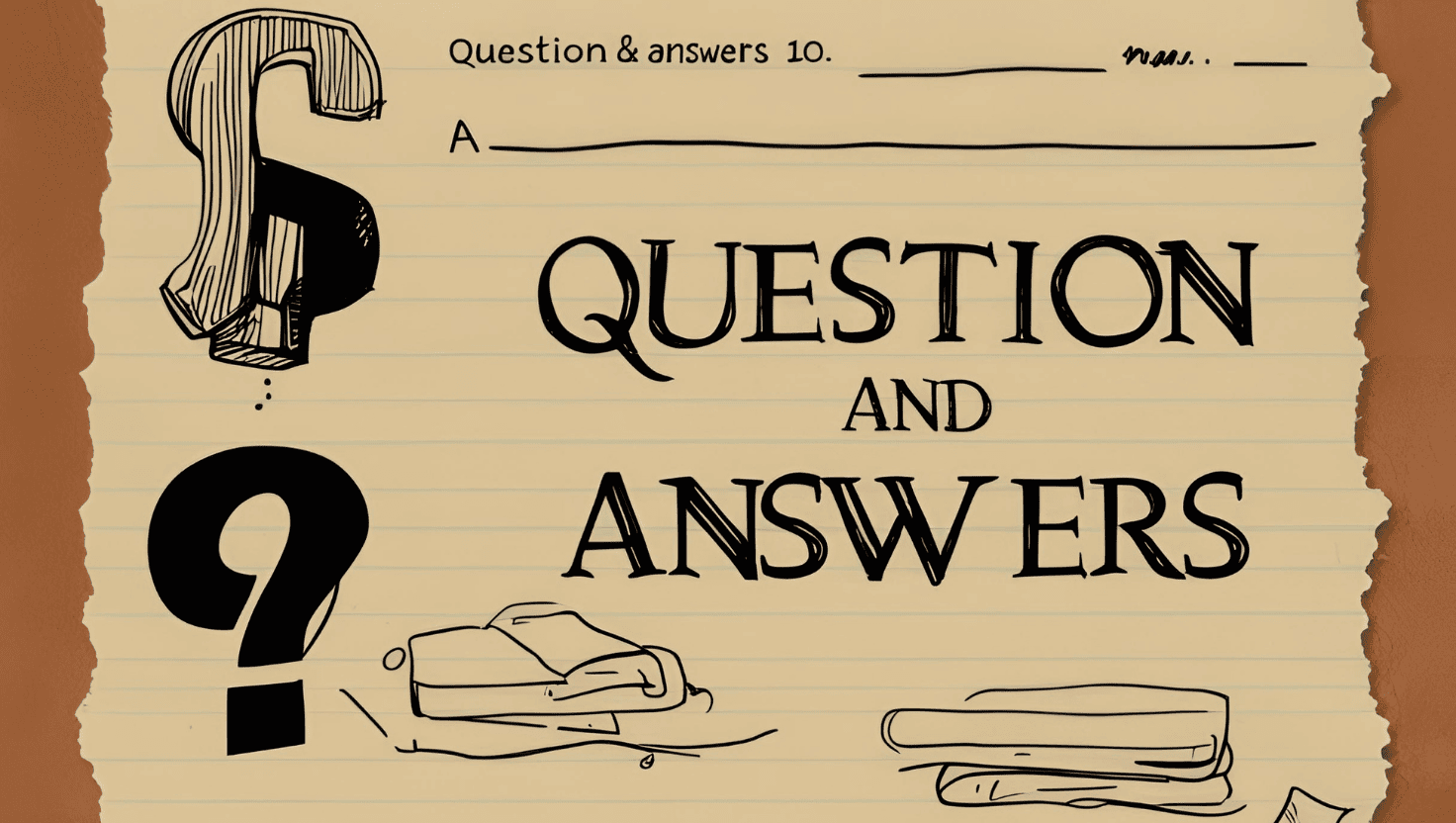How AI Personal Assistants Are Transforming Daily Life

Artificial Intelligence (AI) personal assistants like Siri, Alexa, and Google Assistant have become integral to modern life, seamlessly blending into our routines to enhance convenience, productivity, and connectivity. From managing daily tasks to controlling smart homes, these AI-driven tools are reshaping how we live, work, and interact. This article explores the transformative impact of AI personal assistants, their benefits, challenges, and what the future holds.
Streamlining Daily Tasks
AI personal assistants excel at automating routine tasks, saving time and mental energy. Whether it’s setting reminders, sending texts, or scheduling appointments, assistants handle these with simple voice commands. For example, saying “Hey Siri, remind me to call Mom at 6 PM” ensures you stay on track without opening an app. Hands-free operation is a game-changer for multitasking—whether you’re cooking, driving, or juggling work. Moreover, AI analyzes user habits to offer personalized suggestions, like recommending a playlist based on your music taste or prompting you to reorder groceries when supplies dwindle.
Powering Smart Homes
Smart homes are a cornerstone of AI assistant integration. Assistants control devices like lights, thermostats, and security cameras, enabling users to adjust settings via voice or app. Imagine saying “Alexa, good night,” and watching your doors lock, lights dim, and blinds lower in sync. Advanced AI learns your routines, preheating the oven at dinnertime or adjusting room temperature based on weather forecasts. This connectivity not only boosts convenience but also promotes energy efficiency by optimizing device usage.
Enhancing Communication
AI assistants make communication effortless. They enable hands-free calls, texts, or emails, which is invaluable for busy individuals or those with mobility challenges. Google Assistant’s interpreter mode offers real-time language translation, breaking down barriers during travel or multilingual conversations. Assistants also streamline social planning by scheduling group events, sending invitations, or reminding you of birthdays, keeping your social life organized with minimal effort.
Boosting Productivity
From instant information retrieval to email management, AI assistants are productivity powerhouses. Need the weather forecast or a quick calculation? Just ask, and answers arrive in seconds. Assistants summarize emails, prioritize messages, or draft responses, helping you stay organized. For students and lifelong learners, AI provides instant explanations or guides through tutorials, making it a versatile educational tool.
Personalizing Entertainment
AI curates entertainment to match your preferences, recommending music, podcasts, or shows based on your history. Assistants like Alexa offer interactive storytelling or voice-driven games, engaging users, especially children, in creative ways. Integration with smart TVs allows seamless control—search for a movie or pause playback with a single command, simplifying your leisure time.
Supporting Health and Wellness
AI assistants contribute to well-being by syncing with wearables to track fitness, remind you to move, or guide workouts. They support mental health with mindfulness prompts, calming playlists, or sleep tracking. For those with chronic conditions, assistants send medication reminders or schedule doctor appointments, ensuring consistent care.
Simplifying Shopping and Finances
Voice-activated purchases, like reordering household items through Alexa, make shopping a breeze. AI also tracks spending, provides budget summaries, or flags unusual transactions, promoting financial awareness. Some assistants compare prices across platforms, helping you snag the best deals without hours of research.
Promoting Accessibility and Inclusion
AI assistants are a boon for accessibility. They read texts aloud, navigate apps, or control devices via voice, supporting visually impaired or mobility-challenged users. Customizable interfaces, like adjustable speech speeds or multilingual support, ensure inclusivity across diverse groups.
Navigating Challenges and Ethical Concerns
Despite their benefits, AI assistants raise valid concerns. Privacy is a major issue, as assistants collect data to function, sparking debates about surveillance and security. Users must understand and configure privacy settings to protect their data. Over-reliance on AI risks reducing critical thinking or manual skills, requiring a balanced approach. Additionally, biases in AI training data or misinterpretations of commands highlight the need for ongoing improvements in accuracy and fairness.
The Future of AI Assistants
The future of AI personal assistants is brimming with potential. Advanced contextual understanding will enable more natural conversations and proactive assistance, like suggesting a grocery list based on dietary habits or alerting you to traffic delays before you leave. Cross-platform integration will create a unified AI ecosystem across phones, cars, and wearables. Emerging emotional intelligence could allow assistants to detect user moods through tone, offering empathetic responses. These advancements promise to make assistants even more intuitive and indispensable.
Real-World Impact
AI assistants are already making a difference. For example, Alexa helps elderly users manage daily routines, while Google Assistant aids professionals with scheduling. Over 150 million U.S. adults used voice assistants in 2023, reflecting their widespread adoption. From busy parents coordinating family schedules to individuals with disabilities gaining independence, AI assistants are transforming lives across the board.
Tips for Maximizing Your AI Assistant
To get the most out of your assistant:
- Customize Settings: Set up routines, privacy controls, or preferred commands for a tailored experience.
- Explore Features: Experiment with lesser-known functions, like recipe guidance or language learning.
- Stay Informed: Keep up with AI advancements and privacy policies to use assistants responsibly.
Conclusion
AI personal assistants are revolutionizing daily life, offering unmatched convenience, connectivity, and personalization. While challenges like privacy and bias require attention, their potential to enhance productivity, accessibility, and well-being is undeniable. As technology evolves, these assistants will become even more intuitive, seamlessly integrating into every facet of our lives. Embrace the possibilities, customize your experience, and let AI make your daily routine smarter and simpler.
Share and subscribe to the blog by email.


Share and subscribe to the blog by email.






Comments ()